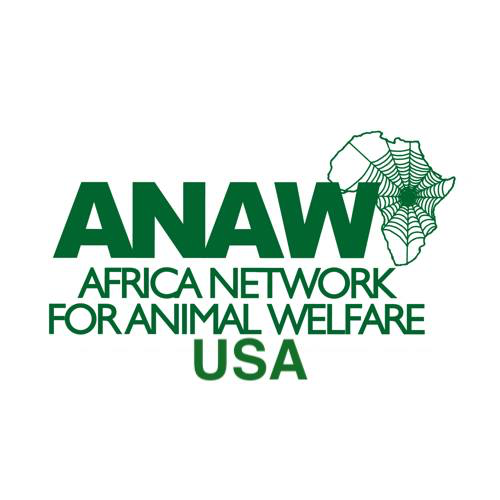
Preventing The Consumption & Trafficking of Wild Animals
The Issue:
The consumption of wild animals, or bushmeat, in Africa has been steadily increasing over the last decade. Bushmeat is a catchall phrase for the meat of wild animals, but it most often refers to the remains of animals killed in the forests and savannas of Africa. The bushmeat trade refers to the non-traditional hunting of non-game animals for meat. Chimpanzees, gorillas, elephants, zebras, giraffes, lions, antelopes, and other wild animals are systematically hunted and sold as meat in markets across Africa and in cities across the world, jeopardizing the survival and welfare of these species.
Why Does it Matter?
Fueled internationally by an increasing demand and market for illegal wildlife - and locally by issues of food and livelihood insecurity - wildlife, ecosystems, and humans in Africa are greatly affected by the trade and consumption of wild animals. Some of the consequences of this are: (1) dangerous, cruel, and illegal hunting methods, such as wire snares; (2) hunting of endangered species; (3) lack of food security for rural populations; (4) and the potential spread of zoonotic diseases, such as HIV/AIDS, Ebola, and COVID-19.
ANAW takes a multi-pronged approach to combating the trade and consumption of wild animals, recognizing that understanding the root causes of this problem is an essential part of developing lasting solutions. This is why we look at issues of poverty, displacement, climate change, and food & livelihood insecurity when thinking about the kinds of changes that need to be made to promote animal welfare.
What ANAW is Doing
On the ground, ANAW’s team conducts extensive de-snaring operations across Kenya and other parts of Africa, preventing thousands of animals from becoming entangled, disfigured, or killed. We also provide immediate relief and veterinary care to animals that have become entangled in poacher’s snares. Without this direct care and prevention, these animals would endure excruciating disfigurement, chronic pain, and often death.
We are also working with local communities to develop educational and other opportunities that lead to alternative livelihoods, diverting the need to engage in these cruel and ecologically devastating activities. Recently, we have begun conducting information sessions with the aim of teaching local communities about the risks of consuming Bushmeat, especially the risk of spreading zoonotic diseases, such as COVID-19.
Globally, we are working towards raising awareness and concern for this issue throughout the US, the UK, and Europe through publications, interviews, and advocacy work.
Watch this video to learn more about ANAW’s de-snaring and wildlife welfare campaign.
The Contribution You Can Make
ANAW’s work towards de-snaring and animal care and rescue relies on donations from individuals who are compelled to act on this important and heartbreaking issue. With your support, we could broaden and expand upon our existing efforts to reach even more affected animals and communities.
Please help us to reduce the number of wild animals being captured, killed, and consumed in this cruel and inhumane way.








